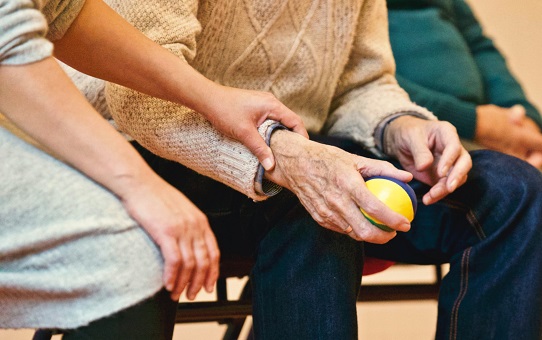Lídia Arroyo, a researcher in Gender and ICT, is the principal investigator of Data COVID Gender, an interdisciplinary research project that explores how gender inequalities in the job market – in particular occupational segregation – influence the prevalence of COVID-19. In an interview published by UOC News on December 17, Lídia Arroyo sets out the objectives and the expected results of this project funded by the Catalan Ministry of Health’s Agency for Health Quality and Assessment of Catalonia (AQuAS), which will analyse the Catalan health system data from a gender and intersectional perspective.
“As shown by previous studies of similar infectious diseases (which are also transmitted through social interaction), both structural gender inequalities and the binary gender rules that govern men and women’s social practices, mean that exposure to infectious diseases differs according to a person’s gender”, Lídia Arroyo affirms. On the other hand, the researcher points at the need to redefine the quality of care occupations by identifying and acknowledging their required professional skills, which have not been valued by the job market, as well as addressing occupational risks prevention with a gender perspective.
Of the 15 projects selected by AQuAS through the PADRIS programme, only three, including Data COVID Gender, analyse COVID-19 from a social sciences perspective. Also, Data COVID Gender is the only one that applies a cross-cutting gender perspective. Besides generating knowledge on the effect of gender inequalities on the prevalence of COVID-19, the project will create an open data portal in collaboration with the Barcelona Open Data Initiative in order to make the available information accessible to the public and easy to interpret. Finally, the Data COVID Gender project has promoted the #COVIDGenderArchive on the internet portal GenPORT, where everyone can consult and share all types of open resources on gender and COVID-19.
Read the full interview with Lídia Arroyo and know more about Data COVID Gender:
Photo by Matthias Zomer on Pexels
